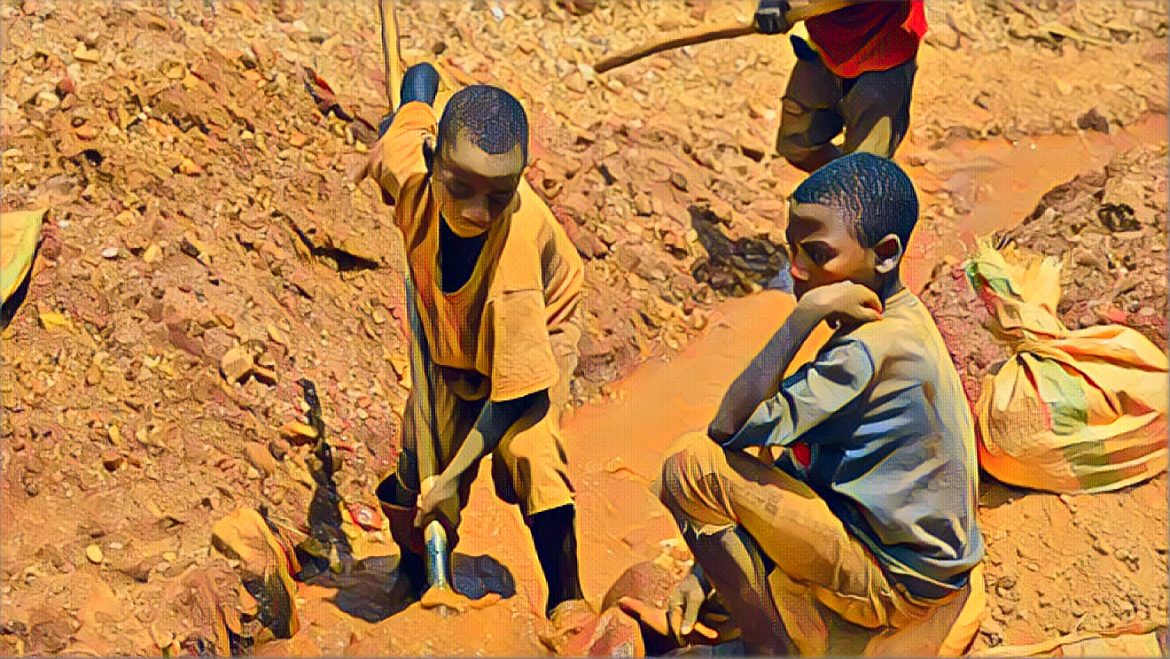Although Nigeria has put in place robust legislative frameworks such as the 1999 Constitution and the Child Rights Act of 2023, child labor still remains prevalent. The most common form of child labor in urban households is the exploitation of underage girls as domestic workers. This issue is evidence of significant gaps in law enforcement and highlights the harsh economic realities that push families to take such extreme measures.
The Constitution of Nigeria explicitly prohibits slavery, servitude, and forced labor, yet these forms of exploitation continue under the guise of domestic help. The Child Rights Act, further updated in 2023, specifies that no child under the age of 18 should be employed in a manner that deprives them of education, health, and personal development. However, enforcement of these laws is lax, and the stipulations are often honored more in the breach than the observance.
The International Labour Organization (ILO) estimates that in Nigeria, there could be as many as 15 million child workers under the age of 14 by 2024. Girls working as housemaids make up a significant portion of this number. This form of child labor not only interferes with their education but often involves coercion, making it a modern form of slavery.
In Nigeria’s commercial capital, Lagos, the issue is particularly pronounced. Many young girls from states such as Benue, Oyo, Ebonyi, and Plateau are recruited to work in conditions that are vastly different from the lives of the children they serve.
The story of 15-year-old Aduni from Oyo State is an example of this. She came to Lagos at the age of 13 to work as a housemaid, a job arranged by her mother through an agent. Although her monthly payment is supposed to be sent to her mother, the reality involves a cut taken by the middleman. Her work involves long hours and verbal abuse. Aduni’s sister faced an unwanted pregnancy and social isolation, but Aduni considers her situation marginally better. She clings to the hope of education, inspired by the children she serves.
Another young worker, Taiwo, also 15 and from the same state, sells food in the bustling streets of Lagos. Her narrative includes instances of exploitation and punishment that revolve around the day’s earnings. The uncertainty of her meals and the harsh realities of street vending underscore the harshness of her daily life.
According to investigations, parents and guardians, who are often facing economic desperation, are the ones who hand over their children to agents. These agents operate in a gray legal area and claim that they are providing necessary services to urban families who require domestic help. However, this perspective blatantly disregards the exploitative nature of such arrangements and the severe impact they have on the children’s rights and future.
The persistence of child labor in settings where laws ostensibly prevent such practices indicates a critical need for systemic change. This change must encompass:
- Enhanced Enforcement: The government needs to strengthen the mechanisms for enforcing existing child protection laws. This involves not only punitive measures but also regular inspections and community policing.
- Education and Awareness: There must be a concerted effort to educate communities about the dangers and long-term effects of child labor. Awareness campaigns can help shift cultural attitudes that normalize child exploitation.
- Economic Interventions: Providing families with economic alternatives through social welfare programs could reduce the economic pressures that lead to child labor.
- Empowering Victims: Educational scholarships and community support programs could help integrate former child laborers into schools and give them a chance at a different life.
The issue of child labor in Nigeria is a complex problem that is deeply ingrained in the nation’s socioeconomic fabric. It presents both a legal and moral challenge. As Nigeria continues to develop economically, it must take decisive action to reconcile its growth with the welfare of its most vulnerable citizens. Addressing the root causes of child labor, enhancing legal enforcement, and shifting cultural norms are essential steps towards eradicating this form of modern-day slavery. It’s important to understand that the future of children like Aduni and Taiwo doesn’t just depend on laws and policies but also on their effective implementation and the collective will of a society determined to protect its young.


